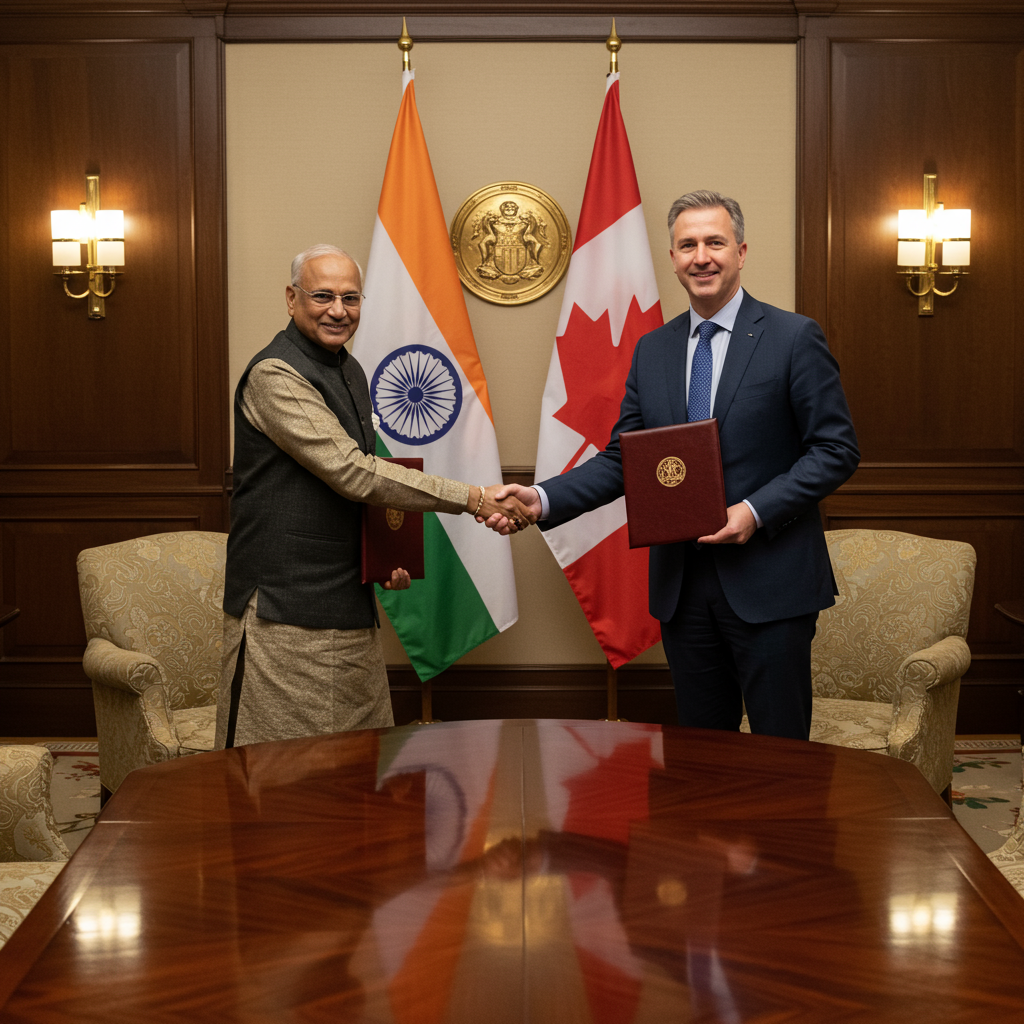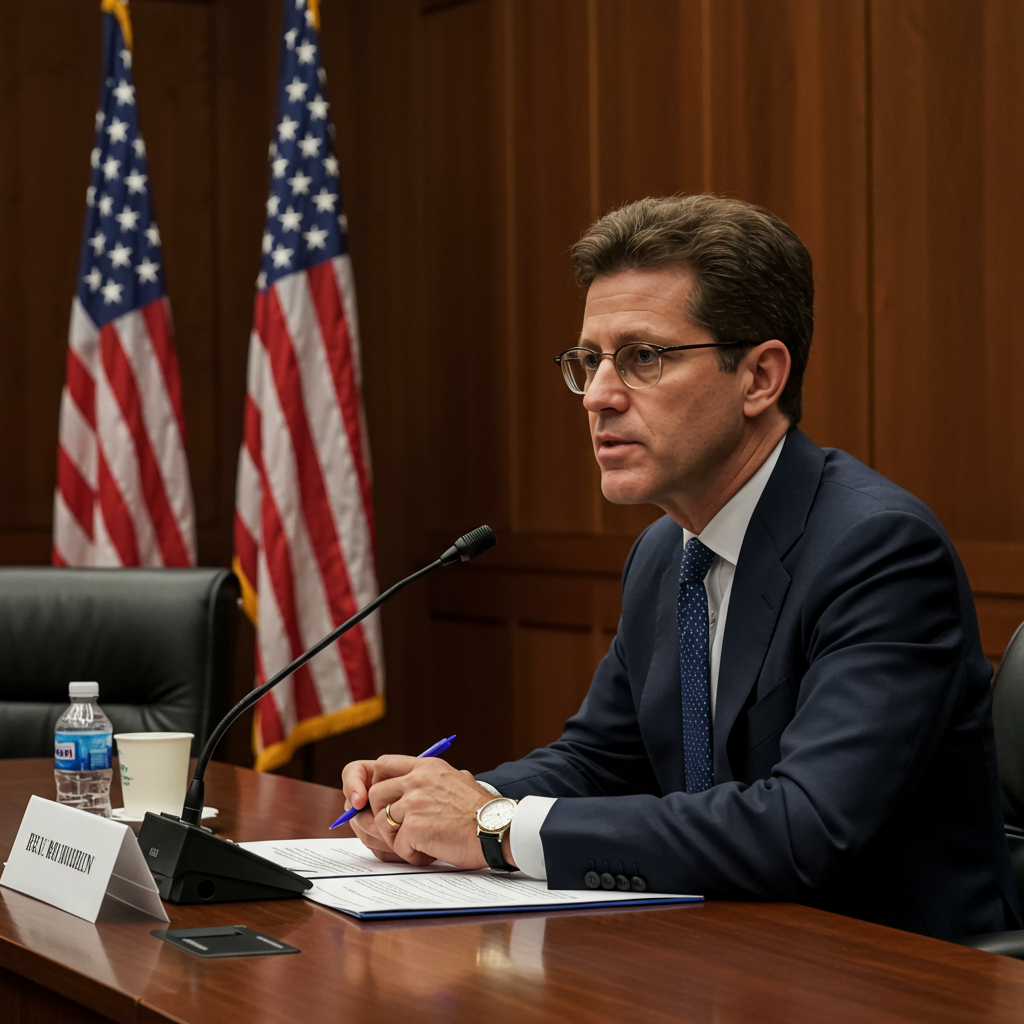India and Canada Reset Diplomatic Relations After Nearly Two-Year Freeze
India and Canada are set to fully restore diplomatic relations, marking a significant step after nearly two years of deeply strained ties. The breakthrough follows a period of diplomatic freeze triggered by Canada’s accusation of India’s alleged involvement in the 2023 killing of Sikh separatist leader Hardeep Singh Nijjar.
The agreement was reached during a pivotal meeting between Indian Prime Minister Narendra Modi and Canadian Prime Minister Mark Carney on the sidelines of the G7 summit in Kananaskis, Alberta, on Tuesday, June 17, 2025.
The Diplomatic Rift: Allegations and Expulsions
Relations plummeted in September 2023 when then-Canadian Prime Minister Justin Trudeau announced there were “credible allegations” linking agents of the Indian government to the assassination of Hardeep Singh Nijjar. Nijjar, a Canadian citizen killed in British Columbia in June 2023, was a prominent advocate for an independent Sikh homeland (Khalistan), a movement banned in India. While India had declared him a terrorist in 2020, some Sikh organizations viewed him as a human rights activist.
New Delhi vehemently denied the allegations, countering by accusing the Canadian government of harboring extremists.
The diplomatic crisis escalated sharply in October 2023. India expelled Canadian diplomats and withdrew its high commissioner and other officials from Canada. Canada retaliated by dismissing Indian diplomats, accusing India of an intensifying campaign against Canadian citizens – a charge New Delhi also denied. Sources indicate both nations expelled six diplomats each during this period, leading Canada to suspend in-person consular services across India, except at its Delhi embassy. India’s long-standing anxieties regarding Sikh separatist groups operating in countries like Canada, which has a significant Sikh population (around 2%), have consistently strained bilateral relations.
Restoring Ties: New Envoys Appointed
The turning point came during the bilateral meeting between Prime Ministers Modi and Carney at the recent G7 summit. According to a statement from Prime Minister Carney’s office, the leaders agreed to designate new high commissioners for both countries.
High commissioners are senior diplomats tasked with representing their nation’s interests and fostering relationships. Appointing new envoys is seen as a crucial “calibrated step to restore stability” and facilitate a return to providing regular services for citizens and businesses in both countries. India’s foreign ministry underscored the importance of resuming senior ministerial engagements to “rebuild trust and bring momentum” back to the relationship.
Officials anticipate the appointment of new high commissioners could occur as early as July, with India reportedly having already proposed the name of Dinesh Patnaik as its nominee to Ottawa.
Beyond the Diplomatic Reset: Trade and Trust
Beyond the immediate step of restoring diplomatic representation, the leaders also discussed the broader relationship and future cooperation. Both leaders emphasized the importance of the bilateral relationship, stating it should be based on mutual respect and a commitment to the principle of territorial sovereignty.
Prime Minister Carney expressed hope the meeting would provide the “necessary foundations to begin to rebuild the relationship, based on mutual respect, sovereignty, trust,” calling it a “frank, open exchange of views around law enforcement, transnational repression.” Prime Minister Modi described the meeting as “excellent,” highlighting shared values of democracy, freedom, and the rule of law between the two nations.
The discussions extended to restarting negotiations for an Early Progress Trade Agreement (EPTA), intended to pave the way for a comprehensive economic partnership. They tasked officials with further engagement on this front and explored potential future collaborations in sectors like:
Clean energy
Digital transformation and Artificial Intelligence (AI)
LNG
Food security
Critical minerals
Higher education and mobility
- Supply chain resilience
- apnews.com
- www.arabnews.com
- www.inkl.com
- www.winnipegfreepress.com
- www.thehindu.com
The relationship holds significant importance for both countries, with India being a key source of temporary foreign workers and international students for Canada, as well as a notable trade partner.
Underlying Issues Remain
While the appointment of new high commissioners signals a mutual desire to move forward, the underlying issues stemming from the Nijjar case remain complex. Though neither leader publicly referenced the killing during their G7 discussion, Prime Minister Carney did refer to the broader issue of ‘transnational repression’. This issue is also addressed in a G7 joint statement condemning state-sponsored violence and harassment against various groups including diaspora communities.
The situation could be further complicated by an anticipated public report from the Canadian Security Intelligence Service (CSIS), which is expected to address links between the Government of India and the Nijjar murder. The outcome of the ongoing investigation and related legal proceedings in Canada will also likely influence future ties. Modi’s visit occurred amidst protests by members of Canada’s Sikh community, highlighting the sensitivity surrounding the issue.
The agreement to restore full diplomatic representation marks a crucial step towards normalizing the relationship between India and Canada after a turbulent period. While significant challenges related to the Nijjar investigation persist, the recommitment to dialogue and bilateral engagement offers a path to rebuild trust and advance shared interests.


